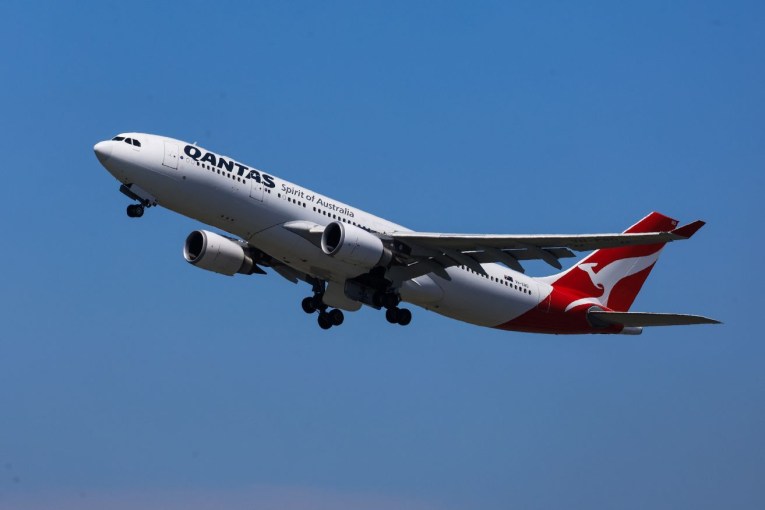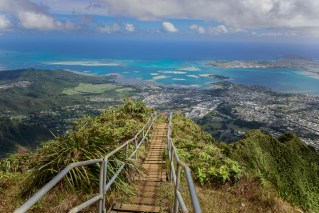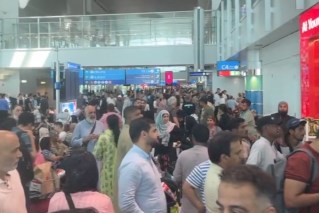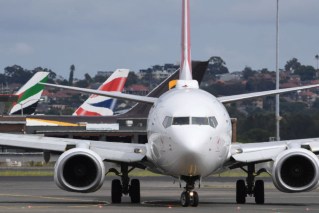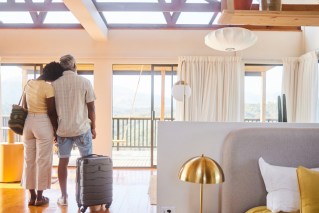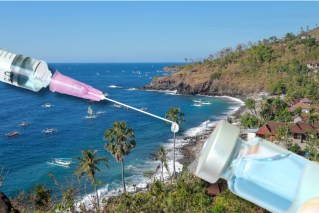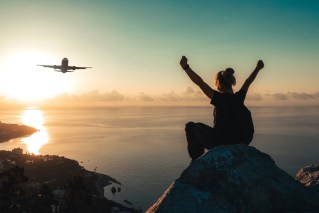Coronavirus travel advice: From cancelled flights to self-isolation
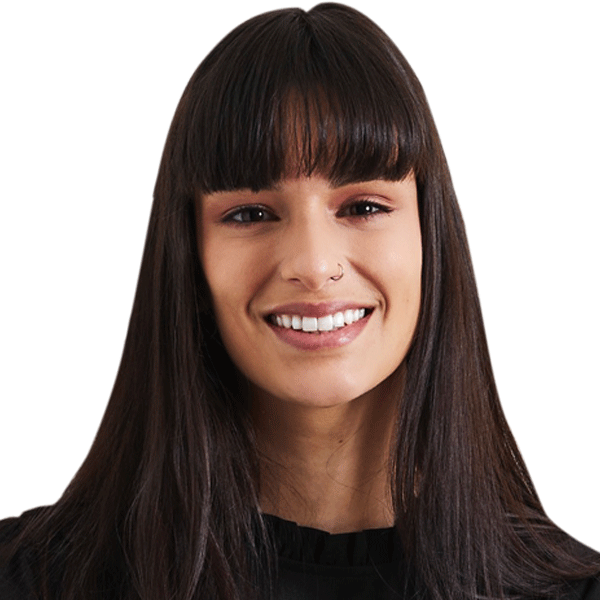
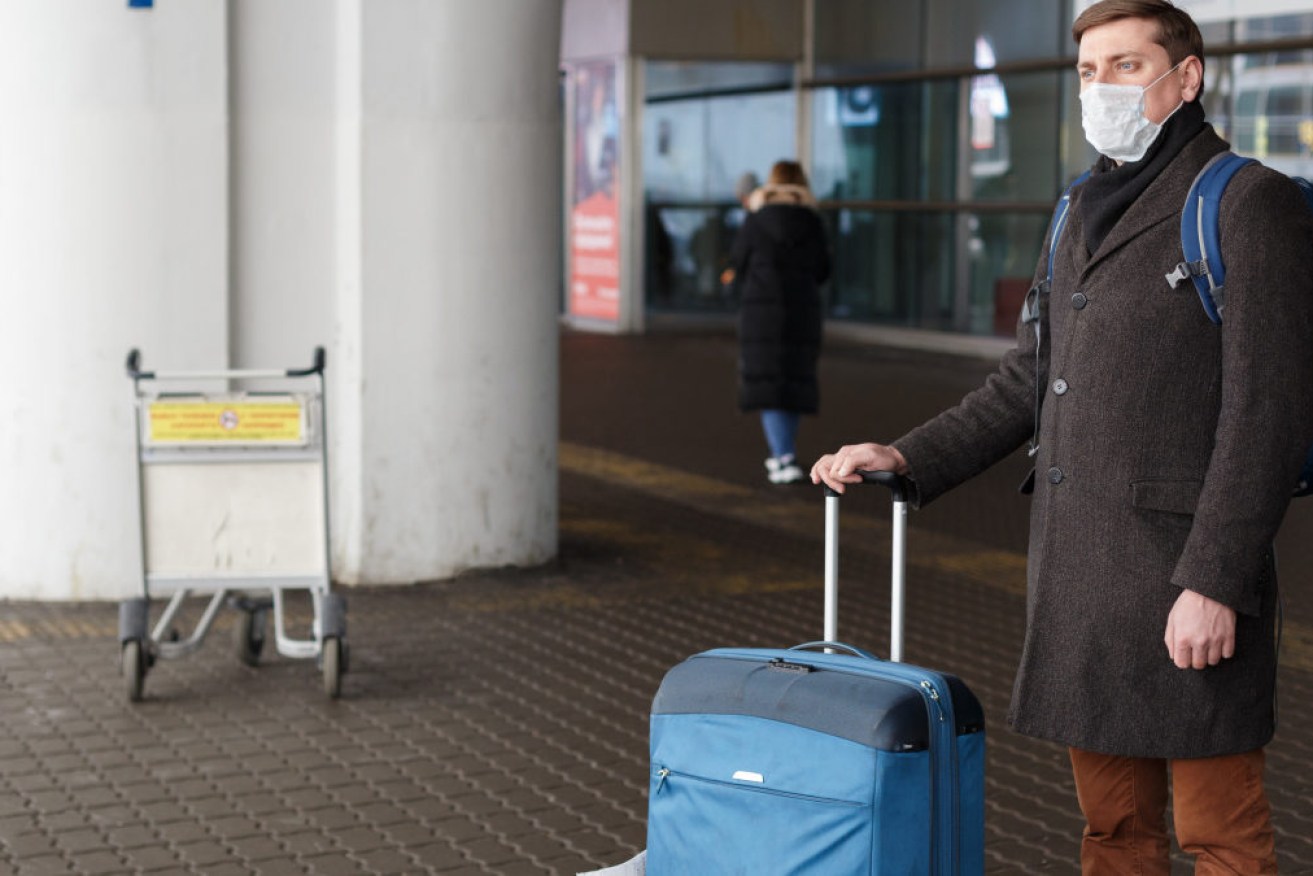
Here's what you need to know about your pandemic travel plans. Photo: Getty
Smartraveller is advising all Australians to reconsider any overseas travel plans, as more and more flights are cancelled amid coronavirus panic.
With the outbreak affecting millions of travellers worldwide, knowing your rights is crucial.
What are my rights as a traveller?
If your flight is cancelled due to coronavirus, you are entitled to a full refund or an alternative flight.
If you have booked a trip overseas and wish to cancel, you should contact your airline to find out what their refund policy is.
Since the Australian government has advised against overseas travel, entering countries like China, Iran and Italy may invalidate your insurance.
Travellers should contact insurance agencies to find out how this impacts their cover if international travel is unavoidable.
Some countries have also closed their borders to foreign citizens.
President Trump has partially closed US borders, banning travellers from Europe, the UK and Ireland.
Peru, Argentina and Venezuela have also suspended flights from Europe, as Germany imposes controls on its borders with Austria, Denmark, France, Switzerland and Luxembourg.
If your flight is cancelled and you are stranded in an airport, you are entitled to care.
This means access to food, water, communication and, if necessary, accommodation.
What happens when I get home?
As of March 15, all arrivals in Australia will be required to self-isolate for 14 days in line with the Department of Health’s isolation guide.
Upon exiting the airport, travellers have been advised to catch personal transport, such as a car, to minimise exposure.
If you are unable to access personal transport, you will be required to wear a face mask, wash hands thoroughly and minimise contact with others.
This includes public transport, taxis and ride share services.

Thousands of incoming travellers will be forced to self-quarantine for two weeks. Photo: Getty
During your isolation period, you must stay inside your home or hotel room for the full 14-day period.
Only people that usually live with you should be on the premises, but they do not have to isolate unless they become ill.
Groceries and other necessities can be brought to you by someone who is not in isolation.
Travellers should monitor their health, and should wear a face mask at home if symptoms arise.
Symptoms include fever, a cough, sore throat, tiredness or shortness of breath.
If you show symptoms, phone your doctor and explain your travel history or ring the national Coronavirus Health Information Hotline on 1800 020 080.

